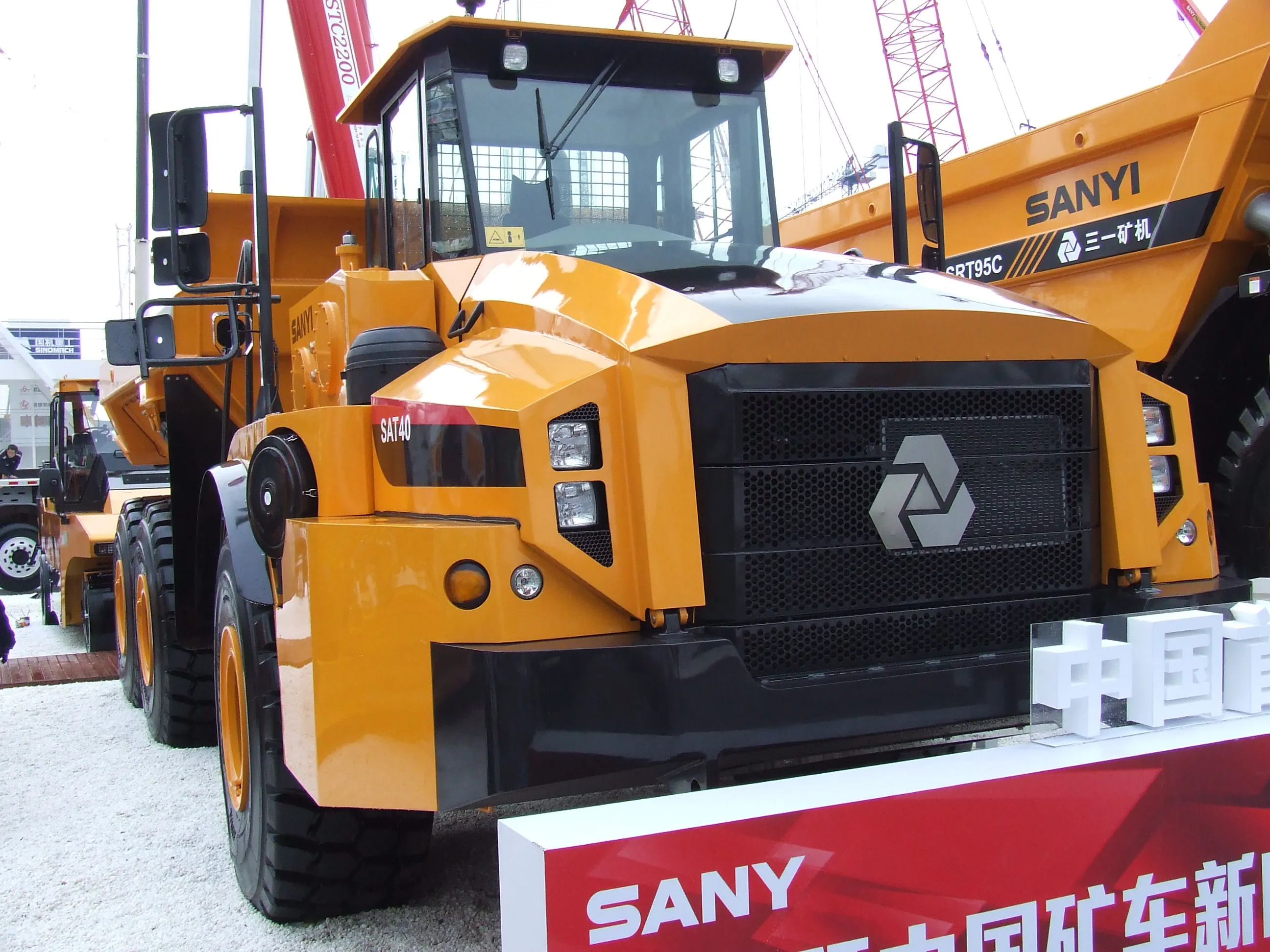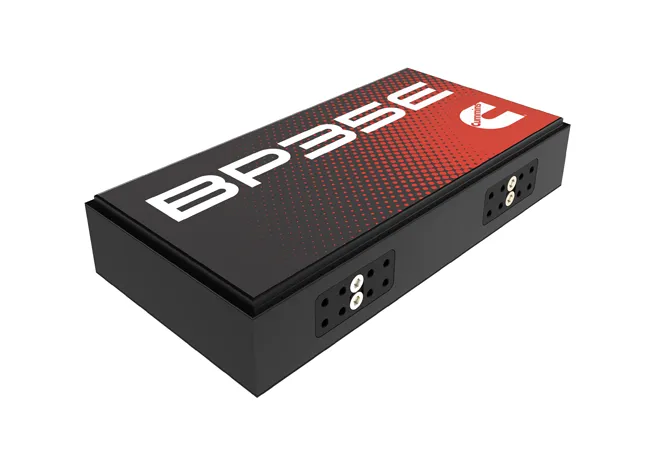The authorities in China are keen for increased use of electric vehicles as part of a plan to reduce pollution in major cities, and as part of a wider programme aimed at lowering the environmental impact from mobility. Fuel costs are comparatively high in China, further encouraging drivers to switch to electric vehicles, at least for urban trips. And electric-assist bicycles as well as scooters are already popular in Chinese cities, highlighting the strong potential market for electric cars in the country.
December 6, 2012
Read time: 2 mins

The authorities in China are keen for increased use of electric vehicles as part of a plan to reduce pollution in major cities, and as part of a wider programme aimed at lowering the environmental impact from mobility. Fuel costs are comparatively high in China, further encouraging drivers to switch to electric vehicles, at least for urban trips. And electric-assist bicycles as well as scooters are already popular in Chinese cities, highlighting the strong potential market for electric cars in the country.
Key innovations in the electric vehicle market are now being introduced worldwide and with several new models being aimed specifically at sales in China. From4070 General Motors (GM) comes the Sail Springo EV, which has been developed jointly between Shanghai GM and the Pan Asia Technical Automotive Center (PATAC). Dongfeng 2454 Nissan is offering the Kai Chen e30, which will be involved in the new energy vehicle demonstration projects in some of China’s new energy pilot cities next year. The Build Your Dreams (3484 BYD) E6 was first offered as a taxi but is now available as a private car. SAIC’s Roewe E50 offers a range of up to 190km and can be 80% charged in just 30 minutes, although a full charge takes six hours.
GM is looking to assert its presence in the electric vehicle market and recognises the potential in China. GM has plans to build the2773 Chevrolet Sail Springo in China and has already introduced its Chevrolet Volt plug-in hybrid to the Chinese market, as well as investing in lithium-ion battery research centre in the country.
Nissan’s Leaf Model offers a highly sophisticated electric vehicle platform and was developed jointly with its partner2453 Renault.
Japanese firm2728 Toyota also plans to introduce its first electric vehicle to China in 2013, although the firm is concentrating its research on hybrid development for the mean time.
Key innovations in the electric vehicle market are now being introduced worldwide and with several new models being aimed specifically at sales in China. From
GM is looking to assert its presence in the electric vehicle market and recognises the potential in China. GM has plans to build the
Nissan’s Leaf Model offers a highly sophisticated electric vehicle platform and was developed jointly with its partner
Japanese firm







